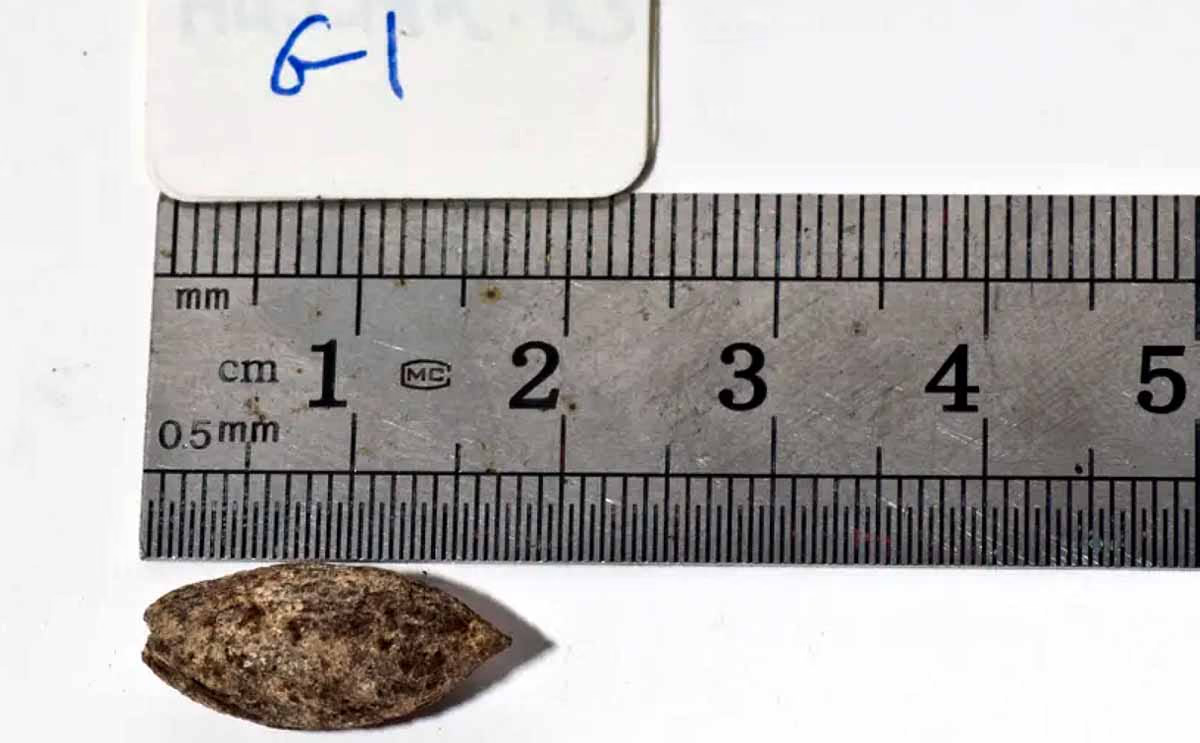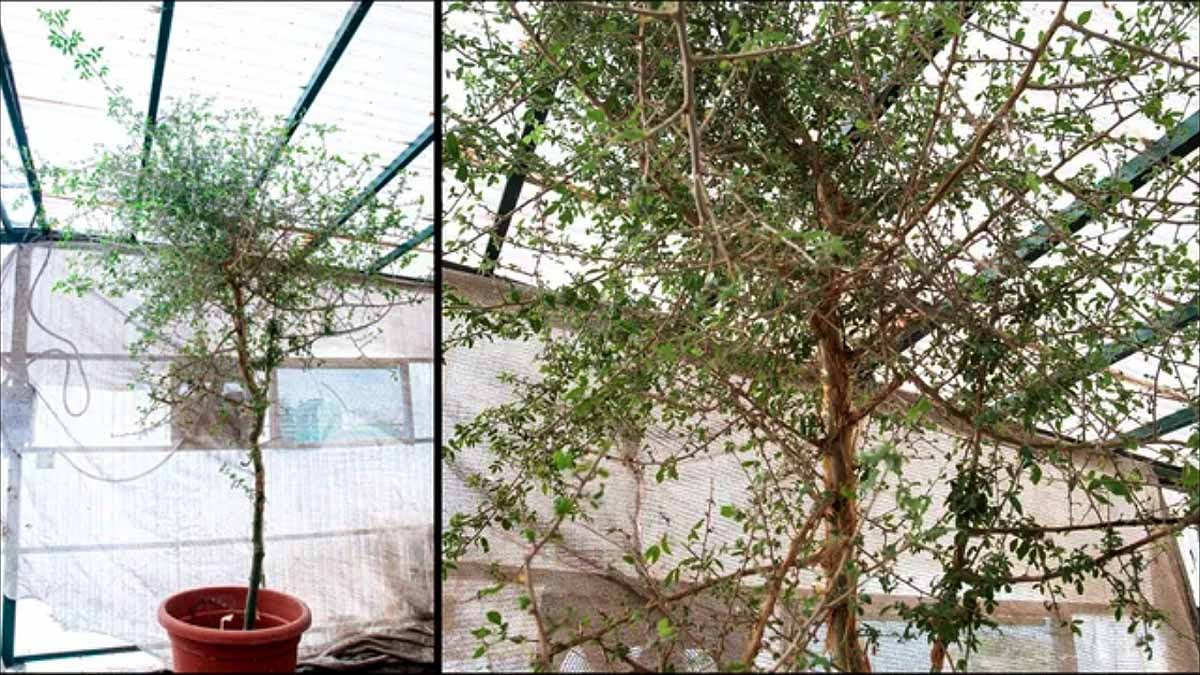The 'Sheba' tree mentioned in the Bible was once found in the Judean Desert, which spans the West Bank and Israel. However, this medicinal plant had become locally extinct thousands of years ago. In the 1980s, scientists discovered a seed in a cave in the Judean Desert.
After 14 years of research, including DNA testing, chemical, and radiocarbon analyses, the origin of this seed was unveiled. Recently, a research report was published in
about this discovery.
Also read: A species of rats... where males die after mating for 2-3 weeks continuously. Their bodies are eaten by females.
This Sheba seed dates back to between AD 993 and 1202 in ancient Southern Levant, meaning it is 1031 to 822 years old. Today, Israel, Palestine, and Jordan are located in this region. Scientists have successfully grown a new tree from this ancient seed. They hope to eventually extract 'Tsori', a resin mentioned in the Bible for its healing properties.

Source: aajtak
The mystery of the miraculous medicinal substance Tsori will be revealed
Tsori is essentially a balm, but there is debate over this term. This substance is linked to the historic region of Gilead, located between the Jordan and Yarmuk rivers, north of the Dead Sea. With the growth of the Sheba plant, scientists are optimistic about unraveling the mystery of the miraculous Tsori substance mentioned in the Bible.
Also read: The call of love turned into a scream... when the female frog ate the male after mating.
The Genus identified but the species remains unknown
The Sheba plant belongs to the Commiphora genus, which includes around 200 modern plants typically found in Africa, Madagascar, and the Arabian Peninsula. However, the exact species of the Sheba plant is still unknown, as no flowers or reproductive material have been observed yet.
Ancient Perfume and Balm to be Unveiled
The Sheba plant is closely related to species within the Commiphora genus—C. angolensis, C. neglecta, and C. tenuipetiolata—which are found in southern Africa today. It is believed that in ancient times, the Sheba plant was used to make expensive perfumes like Judean balsam or the balm of Gilead. However, there remain uncertainties around this.




